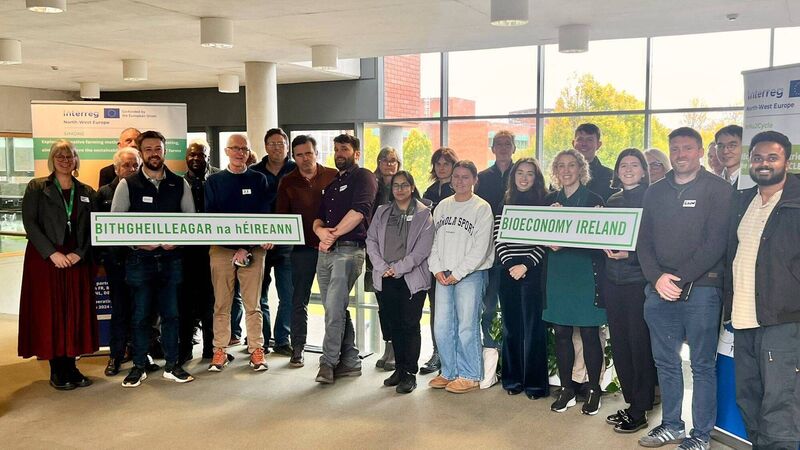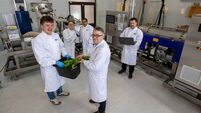University workshop aims to spread awareness of recycled fertilisers

Attendees of the interactive workshop 'Supporting the Market for Recycled Fertilisers in Ireland', hosted at UL in collaboration with Munster Technological University earlier this month.
A recent workshop to inform agricultural stakeholders of the positives of recycling-derived fertilisers (RDFs) was held at the University of Limerick (UL) this month.
The interactive workshop hosted at UL in collaboration with Munster Technological University (MTU) saw conventional and organic farmers, policy makers, personnel working in the agricultural sector and members of advisory boards attend the event.













